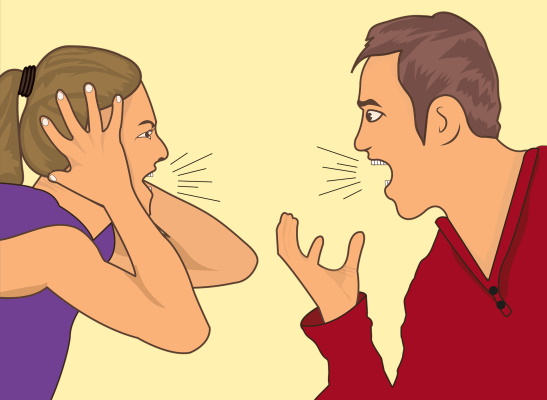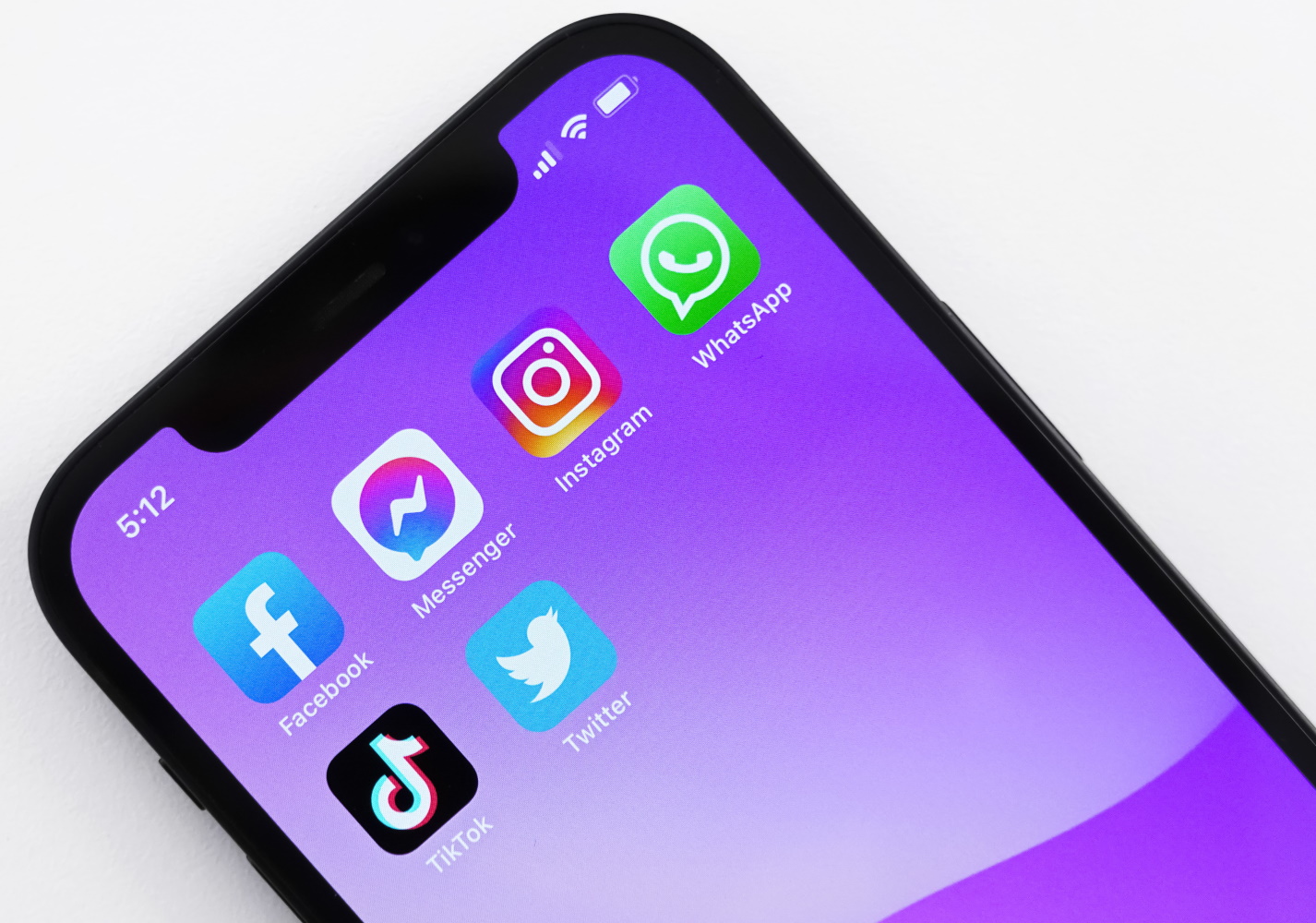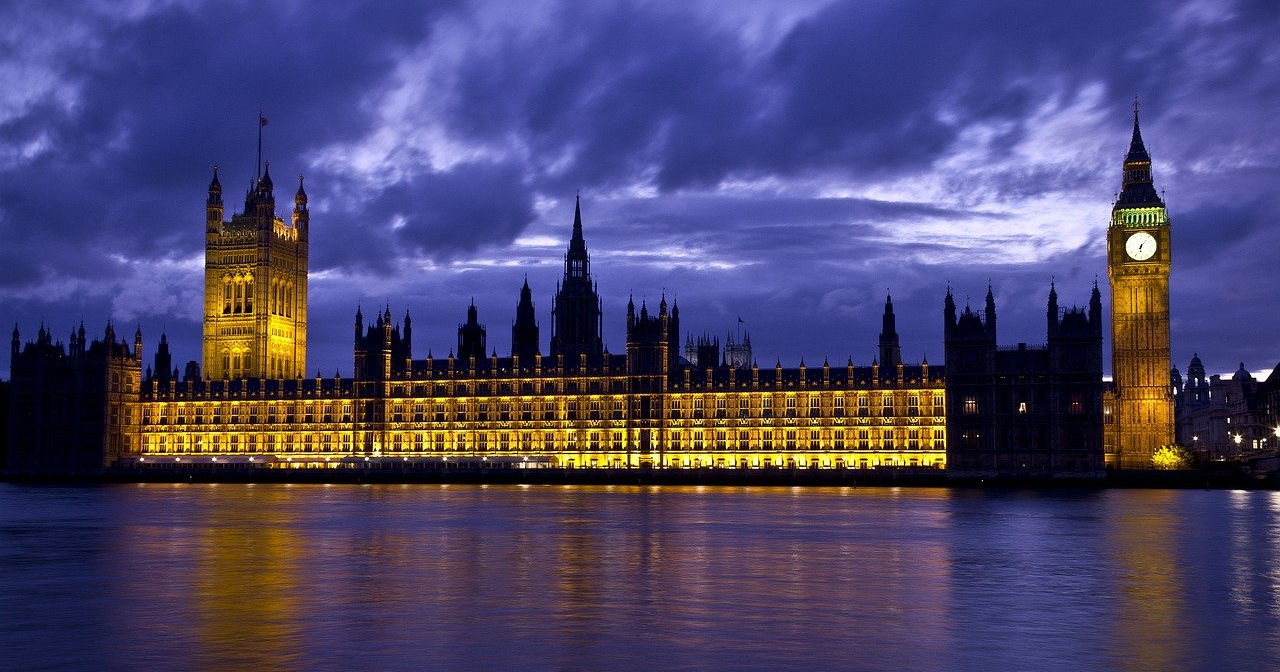They say that social media isn’t an airport: you don’t need to announce your departure. But having recently jumped out of the “hellsite” that is Twitter, I wanted to explain why I decided to put an end to an almost two-year experiment with the micro-blogging platform – and my reasons for leaving may not be what you expect.
In 2022, tech entrepreneur (and richest human on Earth) Elon Musk announced that he planned to purchase Twitter. Some of the changes he made when the deal eventually went through haven’t gone down all too well – but my decision to quit is entirely unrelated to the Musk situation, even though I now find myself as one voice among many who have chosen to leave Twitter at the same time. In fact, the situation with Elon Musk’s takeover is partly why I wanted to share my thoughts; it would be easy for folks to assume that I left Twitter because of Musk, when really the timing is little more than coincidence.

First of all, I don’t think I was ever a good fit for Twitter, nor was Twitter the right place for me, because of my writing style. If you’re a regular reader, you may know that I have a somewhat longwinded or exhaustive style (I have reviews of individual Star Trek episodes that break the 10,000-word mark, for instance) and that just doesn’t gel with Twitter’s 280-character limit. I find it nigh-on impossible to condense an article or argument into such a short-form post, and while Twitter does allow for writing threads of posts that are joined together, that sort of defeats the purpose – and I found that many people on Twitter would only read one post out of an entire thread anyway.
As a result of posts being so curtailed, the conversation on Twitter, such as it is, lacks nuance. When we’re talking about the world of entertainment, which is my primary focus here on the website, I found that a Twitter post had barely enough space for me to say that I either liked something or I didn’t; there’s very little room for shades of grey or a more detailed explanation of how some elements of a production worked while others didn’t. And the audience on Twitter seems to largely expect that kind of black-and-white judgement.

In practically all of my reviews here on the website, you’ll find me saying both positive and negative things about a film, television show, or video game – because in almost every case, no production is either absolutely perfect nor irredeemably awful. Even in cases where I’ve been scathing about films I didn’t enjoy – such as The Rise of Skywalker or Zack Snyder’s Justice League – I found positive things to say about some aspects of the projects, and likewise in productions that I loved and had plenty of positive things to say – like Star Trek: Discovery’s fourth season finale, Coming Home, or the video game Forza Horizon 5 – I wasn’t shy about picking on elements that I felt were less successful. Twitter, at least in my experience, didn’t really allow me to do that – and most people I interacted with there didn’t seem to want that nuanced discussion in any case.
Most things in life are not black-and-white, with either wholly positive or entirely negative opinions, and speaking for myself, it can be those nuances that I find the most interesting. Twitter, by its very nature, forces users into one camp or another, and when there’s already so much division in the world – and in fan communities – that kind of discussion goes nowhere positive. Taking Star Trek as an example, I feel that there have been some incredible Star Trek episodes since the franchise returned to the small screen five years ago… but there have also been some pretty serious missteps by Paramount Global, as well as some disappointing storytelling decisions to boot. But on Twitter, fans are pretty firmly divided into two camps: those who support new Star Trek and those who hate it. I found it difficult to fit in with either; I was to pro-“new Trek” for those who hate it, and too critical of it for those who never wanted to see a negative opinion expressed and who were quick to label anyone saying anything remotely critical of Paramount as a “hater.”

On both sides of an increasingly black-or-white argument, I saw people who openly said that they didn’t want fans from “the other side” to even follow them, let alone interact with them, and these divisions seem to go very deep. One fan had in their Twitter bio words to the effect of “I never want to say anything negative about Star Trek ever” – and I just feel that such extremes of positivity or negativity don’t make for a healthy fan community, nor for a supportive one that can discuss in a civil and polite way the franchises they love. And this was by no means exclusive to the Star Trek fan community – similar divisions and arguments seem to plague practically every community on Twitter, and that’s before we even get to the world of politics!
On a similar note, Twitter reminded me a lot of the kind of stupid “he said, she said” arguments that were common on the playground at school. In the roughly two years I spent on Twitter I lost count of the number of times that “drama” erupted in the Star Trek fan community, with everything from financial scams to racist rants to ill-considered compliments triggering huge waves of backlash targeting certain individuals and their friends. Many times I was told that a person I had followed was “toxic,” and that if I wanted to remain part of whatever clique I had inadvertently stumbled upon then I’d better un-follow a whole host of people extra-quick.

If someone made a mistake – not being racist or anything truly nasty, but just saying something ill-advised or even something that was taken the wrong way – they would often find themselves the subject of hate and abuse, leading to exile. Twitter’s community of medieval peasants placed the targets of the day’s ire in the stocks, tarring and feathering them until the humiliation or attacks got too much, forcing them to leave the platform. I saw perfectly decent people who had friends and fans make a single mistake, write one single poorly-worded post, and get run off the site by sanctimonious self-appointed moderators.
I’d heard people call Twitter “toxic” long before I joined, and I’d even seen some folks refer to it as a “hellsite,” but I confess that I was entirely unprepared for the levels of childishness, of toxicity, and of poor behaviour that I encountered. Fortunately, for the duration of my two years on Twitter, none of that hate was ever directed at me personally, but simply being there and seeing these “Twitter dramas” unfold was enough to put me off.

I joined Twitter with the rather shameless intention of promoting some of the articles here on the website, in the hopes that I’d get a few more clicks from Trekkies and people interested in some of the other things I talk about here. But looking at my stats, the posts I shared on Twitter only ever got a few hundred clicks at the very most, meaning that the experiment was a failure and sticking around didn’t feel worthwhile. I was conscious not to come across like a spam-bot, only ever posting links to the website, so I tried to expand what I did to include memes and jokes, often but not always about Star Trek. But even so, I never managed to attract much of a following.
This isn’t intended to sound bitter, and I appreciated that some folks on Twitter did follow my account and share and like some of the posts I made. I’m grateful for that and for their support. But speaking purely practically, being on Twitter didn’t accomplish what I hoped it would, and the few hundred extra hits that the website got wasn’t worth falling down that rabbit hole and getting sucked in to the politics and the drama that swirls around that infernal website.

Twitter became a time-sink for me, and I found myself scrolling through memes, politics, and even some of those damned arguments and toxic conversations that I talked about earlier. I found I could spend hours just endlessly doomscrolling, and honestly it wasn’t good for my mental health – nor for my productivity. While there were some genuinely interesting accounts sharing fun posts, they were drowned out in an ocean of negativity, toxicity, and argument – and perhaps that’s partly why my own account got lost and never managed to find much of an audience, even in the niches I hoped to break into.
The political side of this was, for me, perhaps the worst part – I found myself unable to resist the temptation to fall down these political rabbit holes, and would waste time in a way that wasn’t positive for my mental health. Politics can be fascinating, don’t get me wrong, and Twitter is, in some respects anyway, an interesting platform in which politicians at all levels can interact directly with their constituents. But for many of the same reasons that we’ve just been discussing, those conversations are black-and-white, and Twitter is firmly divided into camps. Toxicity and hate reign supreme, with the most extreme posts getting the most attention and the most feedback. It really is a nightmare.

I’m glad that a platform like Twitter exists, where people from different backgrounds and with different opinions can interact. I think there were good intentions there – at least in the beginning. And despite his personal controversies, I hope that Elon Musk can find a way to make the platform a success going forward; the world needs a place to communicate, and for all the talk of toxicity and people falling into echo chambers, the one positive thing to say about Twitter – and social media in general – is that it can, under the right circumstances, expose people to points of view that they may not have considered, and with proper content moderation it should be able to direct people away from conspiracy theories in the direction of scientific fact. Twitter has failed on that latter point lately – but no more so than any other big social media platform.
But for me, Twitter was never a good fit. I need to have the freedom to write longer posts, to take positions on the subjects I discuss that don’t fall solidly into “love it” or “hate it,” and just in general my communication skills, even online, are lacking. I didn’t know how to use the site to talk to people or make friends, nor how to really take advantage of its algorithms to drive traffic to my own website.
So that’s it. If you used to follow me on Twitter and wondered what happened to my account, now you know. I have no plans to join any other social media platforms at this time, and while I’m happy to have experimented with Twitter and given it as much of a fair shake as I reasonably could, it was definitely time for me to get out.
No statement in the article above should be interpreted as targeting any individual, fan group, social media page, etc. This article contains the thoughts and opinions of one person only and is not intended to cause any offence.

